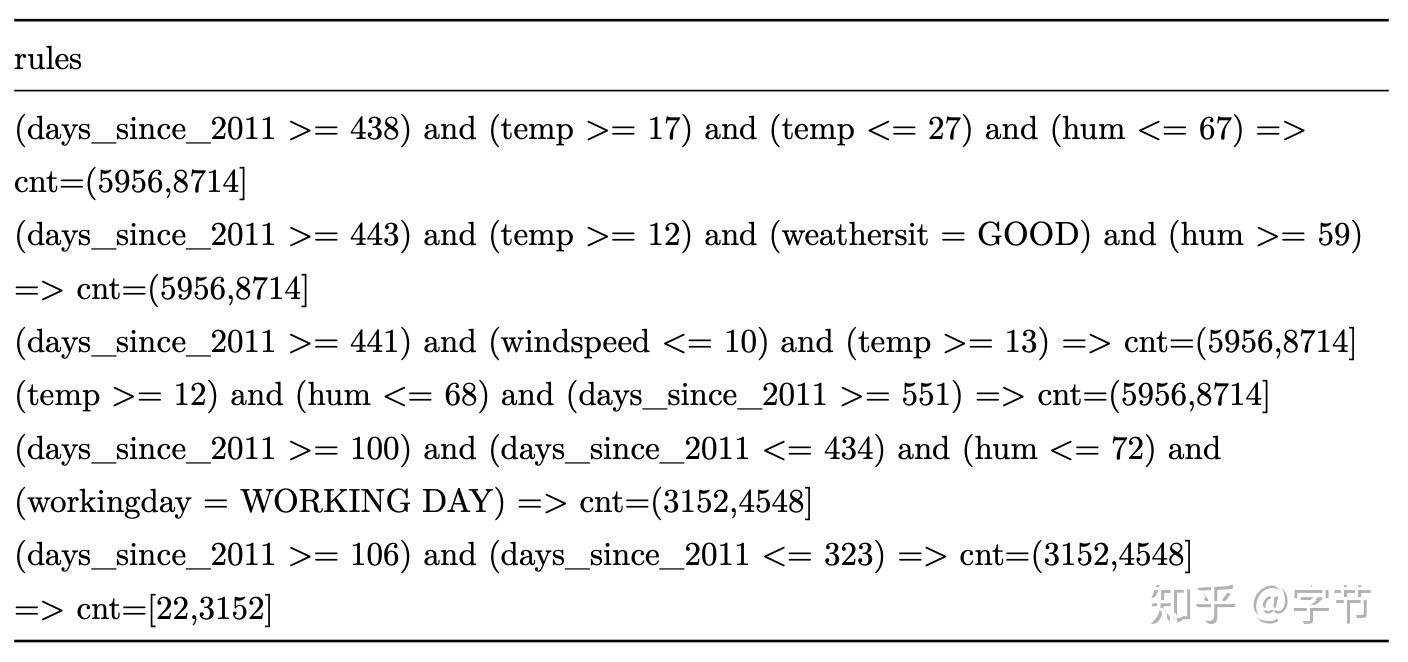|
In recent years, robotics has emerged as a groundbreaking field that holds immense potential for revolutionizing various industries. With advancements in artificial intelligence (AI) and machine learning, robots are becoming more intelligent, capable, and versatile than ever before. This article explores the ways in which robotics is reshaping the future of technology across different sectors. One area where robotics is making significant strides is manufacturing. Traditionally, manufacturing processes have heavily relied on human labor, which can be time-consuming, costly, and prone to errors. However, with the introduction of robots, automation is taking center stage. Robots can perform repetitive tasks with precision, speed, and consistency, resulting in increased productivity and reduced costs. They can work 24/7 without fatigue, leading to enhanced efficiency and throughput. The integration of robotics in manufacturing is transforming production lines, allowing companies to meet growing demands while maintaining quality standards. Beyond manufacturing, robotics is also revolutionizing the healthcare industry. Surgical robots have become invaluable tools in performing complex procedures with greater precision and minimal invasiveness. Surgeons can control robotic arms with enhanced dexterity, enabling them to maneuver through intricate anatomical structures with ease. Robotic assistance in surgeries has led to shorter recovery times, reduced complications, and improved patient outcomes. Moreover, robots are being utilized in elderly care, assisting with tasks such as lifting patients, monitoring vital signs, and providing companionship. These applications alleviate the burden on healthcare professionals and enhance the overall quality of care. Transportation is another sector experiencing a profound impact from robotics. Autonomous vehicles are reshaping the way we commute and transport goods. Self-driving cars, trucks, and drones powered by robotics and AI algorithms are enhancing road safety, reducing traffic congestion, and optimizing delivery routes. These technologies have the potential to revolutionize logistics and supply chain management, improving efficiency and sustainability. Additionally, robotics is playing a vital role in space exploration, with robots being deployed to perform tasks in harsh and hazardous environments, enabling us to gather data and expand our knowledge of the universe. In the realm of personal assistance, robotics is transforming our daily lives. Smart home devices equipped with robotic capabilities are becoming increasingly common. These devices can recognize voice commands, perform household chores, manage energy consumption, and even provide companionship. With the integration of AI, these robots learn and adapt to individual preferences, creating a personalized experience. However, as robotics continues to progress, ethical considerations arise. The impact on employment raises concerns about job displacement and the need for upskilling the workforce to adapt to changing technologies. Safeguards must be implemented to ensure the responsible and ethical use of robotics, addressing issues such as privacy, security, and algorithmic bias. In conclusion, robotics is propelling technology into new frontiers across various industries. From manufacturing to healthcare, transportation to personal assistance, robots are revolutionizing the way we work, live, and explore. As we move forward, it is crucial to embrace this technological evolution responsibly, harnessing the power of robotics to create a better future for all.  |
